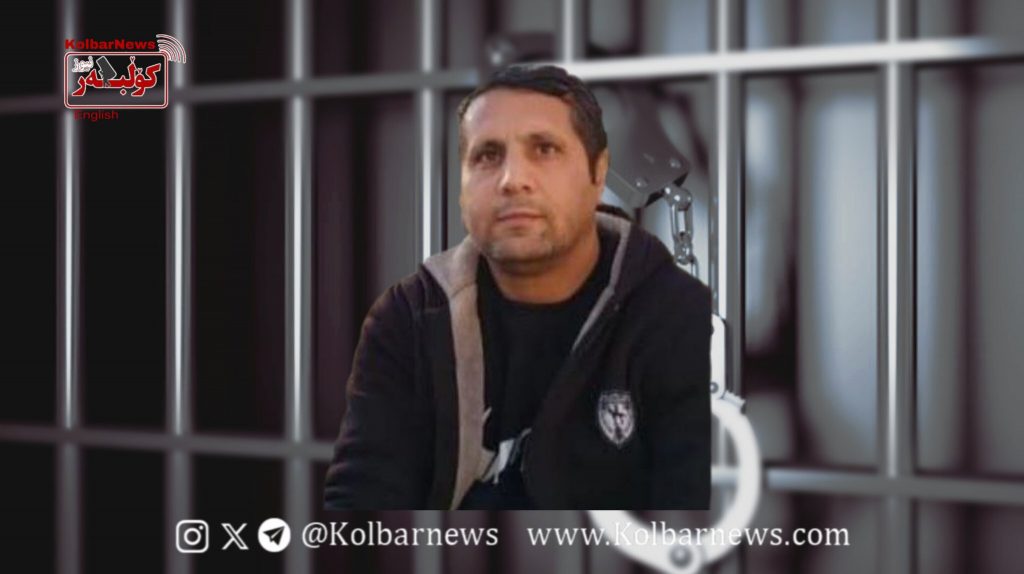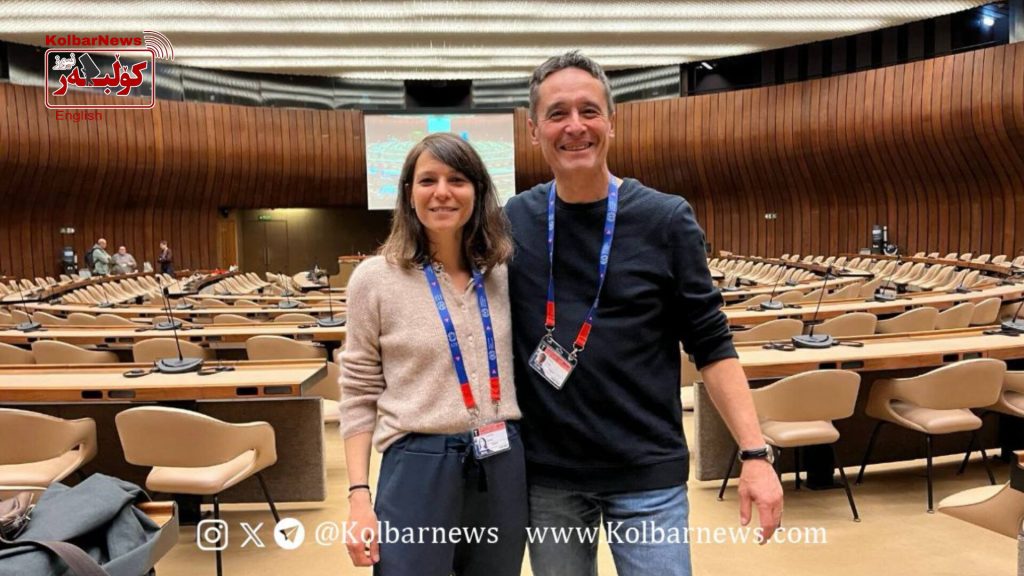Labor activist Amjad Geriyakhiz sentenced to 6 months in prison and 2 years suspended imprisonment

According to Kolbarnews, on June 7, 2025, Branch 1 of the Sanandaj Revolutionary Court sentenced Amjad Geriyakhiz, a labor activist and member of the “No to Execution” campaign, to six months of prison and two years of suspended imprisonment. This sentence followed his violent arrest during a general strike by the people of Kurdistan.
Amjad Geriyakhiz was arrested on January 8, 2025, in one of Sanandaj’s streets while participating in a protest strike against the issuance of death sentences for Vrisheh Moradi and Pakhshan Azizi. During his arrest, he was severely tortured and held in a security detention center for 35 days without access to medication, a lawyer, or the ability to contact his family.
The main charge brought against Geriyakhiz was “encouraging and inciting merchants to strike” and his alleged role in organizing the protest action. Despite being temporarily released on bail, he was summoned to court several times and is expected to appear again on May 13, 2025, at the Sanandaj Revolutionary Court for further proceedings. The first court session for his case was held on March 2, 2025.
Amjad Geriyakhiz is an active member of the Sanandaj Construction Workers’ Trade Association and has previously been arrested, tortured, and threatened multiple times due to his union and civil activities. He had also been detained during the nationwide protests following the killing of Jina Amini, at International Workers’ Day events, and in response to the execution of Ramin Hossein Panahi.
Reports also indicate that his wife, Arezou Sabouri, was threatened by security forces at the time of his arrest.

